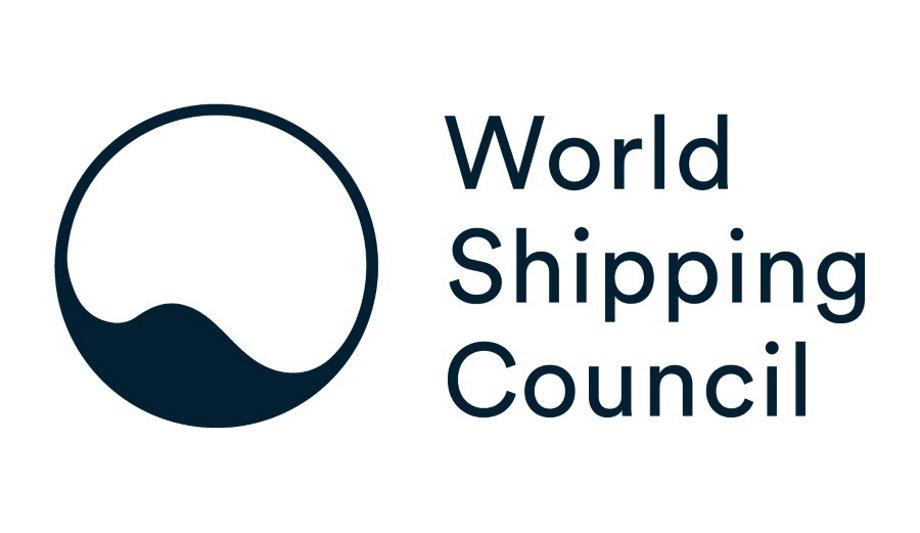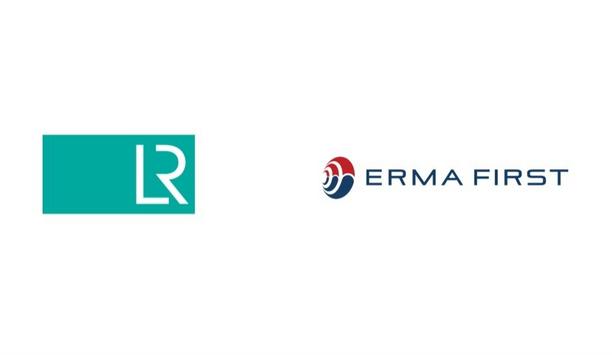Following the publication of its CBER Staff Working Document, the European Commission’s DG COMP has announced that it recommends letting the sector-specific Consortia Block Exemption Regulation (CBER) lapse, and that liner shipping vessel sharing agreements will be regulated under the general EU antitrust rules based on the Horizontal Block Exemption Regulation and Specialisation Block Exemption Regulation.
Vessel sharing is an operational measure allowing ocean carriers to use ships more efficiently, whilst continuing to compete on price and other commercial terms.
Liner shipping vessel sharing agreements to be regulated
We appreciate the DG COMP’s recognition of the many benefits of vessel sharing to European industry"
John Butler, the President and Chief Executive Officer (CEO) of the World Shipping Council, said “We appreciate the DG COMP’s recognition of the many benefits of vessel sharing to European industry and consumers, even if we disagree with the logic behind the recommendation to discontinue the CBER.”
He adds, “The shift to general EU antitrust rules will create a period of uncertainty as carriers adjust to the new legal structure. Nevertheless, vessel sharing agreements will remain a fully legal and supported way for carriers to ensure efficient and sustainable transport for Europe.”
Follow general EU Block Exemption regulations
In its media release, DG COMP highlights, “The Liner shipping services require significant levels of investment and therefore, are regularly provided by several shipping companies cooperating in consortia. Consortia can lead to economies of scale and better use of the space of the vessels. A fair share of the benefits resulting from these efficiencies can be passed on to the users of the shipping services in terms of better coverage of ports and better services.”
DG COMP’s further clarifies that: “The expiry of the CBER does not mean that cooperation between shipping lines becomes unlawful under EU antitrust rules. Instead, carriers operating to or from the EU will assess the compatibility of their co-operation agreements with EU antitrust rules based on the extensive guidance provided in the Horizontal Block Exemption Regulation and Specialisation Block Exemption Regulation.”
WSC is carefully reviewing the basis for DG COMP’s position and looks forward to further dialogue to ensure regulatory clarity.












